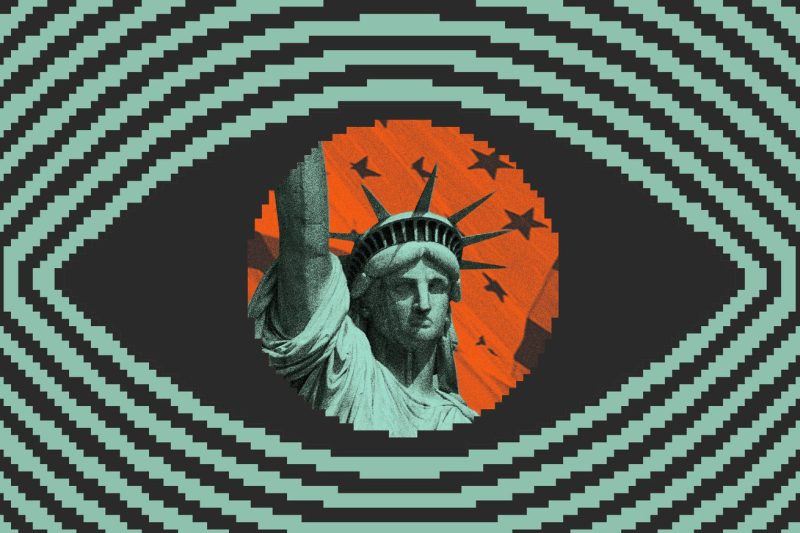The recent lapse in a controversial US surveillance program has brought significant public attention amid continuing concerns over privacy protections and government oversight. The program, known as Section 215 of the USA Patriot Act, allows for the collection and analysis of vast amounts of domestic phone records in the name of national security.
Originating in the aftermath of the September 11 attacks, the program has been a subject of intense debate for years, with critics arguing that it infringes on the constitutional rights of American citizens while proponents maintain that it is a vital tool in the fight against terrorism. The recent lapse in the program occurred due to congressional inaction, as lawmakers failed to pass legislation to reauthorize it before the deadline.
This development has underscored the challenges facing policymakers in striking a balance between national security imperatives and individual privacy rights. The surveillance program, which has been described as a dragnet that indiscriminately collects data on millions of Americans, has come under increased scrutiny in light of revelations about its scope and potential for abuse.
Privacy advocates and civil liberties groups have long raised concerns about the program, pointing to its lack of transparency, oversight, and accountability. They argue that the bulk collection of phone records is a violation of the Fourth Amendment’s prohibition against unreasonable searches and seizures and that it undermines the constitutional right to privacy.
The lapse in the surveillance program has also reignited debates about the effectiveness of such mass data collection in preventing terrorist attacks. Critics have questioned the program’s value, pointing to studies that have found little evidence that it has played a significant role in thwarting threats. They argue that the vast resources devoted to these surveillance efforts could be better spent on targeted intelligence gathering and counterterrorism operations.
In response to the lapse, government officials have sought to reassure the public that national security agencies are still able to carry out their missions effectively. The Director of National Intelligence has emphasized the importance of reauthorizing the program, warning that its expiration could hamper efforts to identify and disrupt terrorist plots.
Moving forward, Congress faces the challenge of addressing the surveillance program’s legal and constitutional implications while also ensuring that national security interests are protected. The lapse in the program serves as a reminder of the need for robust oversight mechanisms and meaningful reforms to safeguard civil liberties in an increasingly digital age.
As the debate over government surveillance continues to evolve, it is clear that finding a balance between security and privacy is a complex and ongoing challenge. The recent lapse in the controversial US surveillance program highlights the need for a thoughtful and transparent approach to national security policies that respects the constitutionally guaranteed rights of all Americans.

